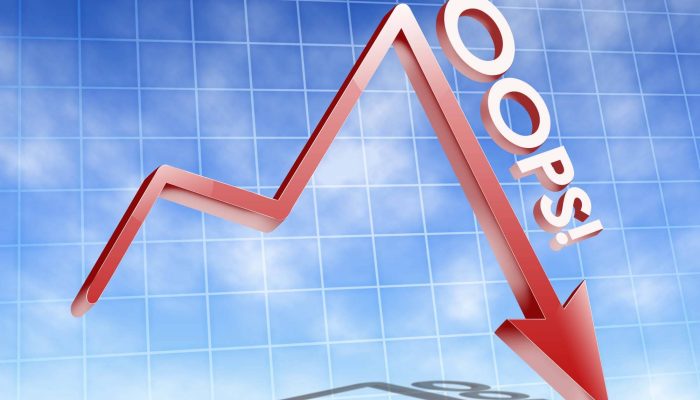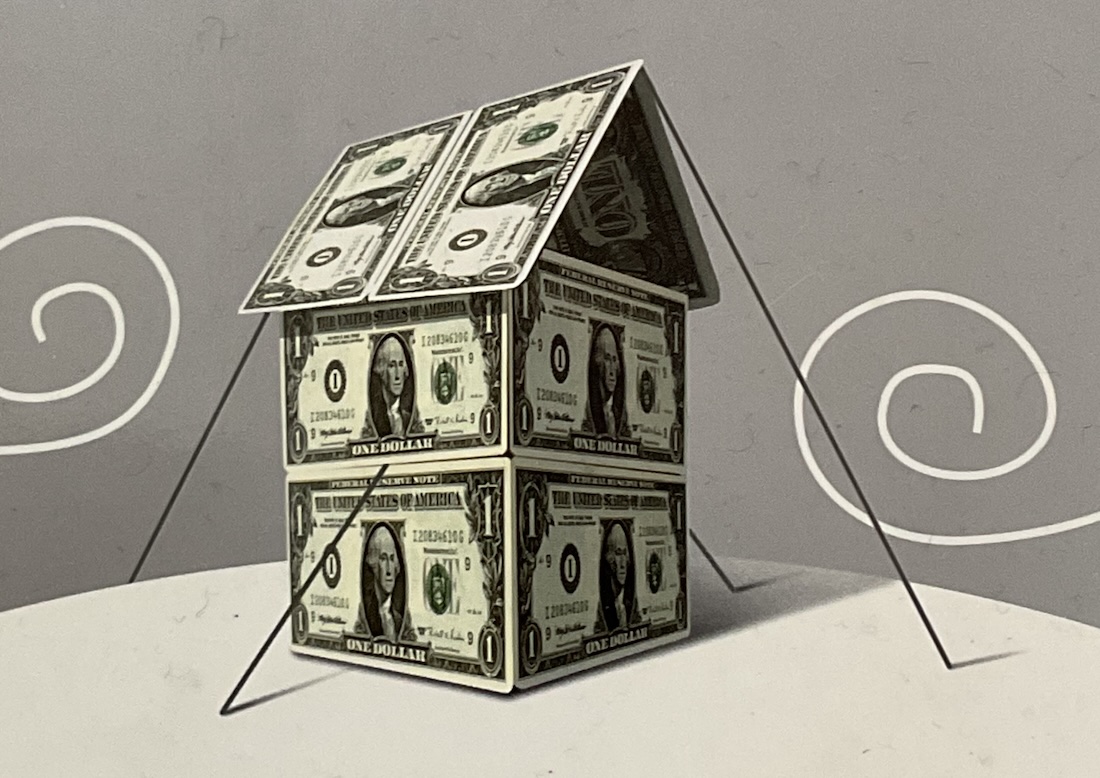Stocks: Boom or Bust?

Posted June 13, 2020
It is difficult to imagine a worse economic environment.
The US economy is expected to contract by between one third and one half during the second quarter. For the full year, the Fed expects the economy to shrink by 6.5%. The unemployment rate is 13.3%. Corporate earnings are expected to be abysmal.
And yet, up until a few days ago, stock prices were skyrocketing. Why?
Because the Fed is creating unprecedented amounts of money to combat the economic consequences of the Coronavirus.
During the Fed’s first 93 years, from 1914 to 2007, it created less than $900 billion in total. It has created three times that much money, $2.8 trillion, just since January 1stthis year.
After a violent stock market selloff between February 19thand March 23rd, the S&P came within 5% of its all-time high earlier this week, while Nasdaq made history by closing above 10,000 for the first time.
But then on Thursday, stock prices plunged. The S&P and Nasdaq dropped 5.9% and 5.3%, respectively, in the worst selloff since March.
Does that break mean the Fed-induced stock market boom is now over or is it going to continue despite the terrible economy and the very bad corporate earnings?
To a very large extent, the answer to that question will depend on how much more money the Fed creates during the months ahead, which, in turn, will be determined largely by the size of the government’s budget deficits this year and next.
The new Macro Watch video considers how high the budget deficits are likely to be; and how much money the Fed will have to create to prevent government borrowing from driving interest rates higher?
The Fed has indicated that it will continue buying, at least, $120 billion of bonds a month with newly created money, but will that be enough? $120 billion of Quantitative Easing a month would be 40% larger than the previous peak of QE back in 2013. Would that be enough to push stock prices sharply higher, despite the terrible fundamentals? And what are the chances that the Fed creates much more than $120 billion a month during the next two year?
On the other hand, what circumstances could cause share prices to come crashing back down again, despite the tidal wave of liquidity from the Fed?
Macro Watch subscribers can log in and watch this video now for detailed analysis of these issues. The video is 15 minutes long and offers 32 downloadable slides.
If you have not yet subscribed to Macro Watch and would like to, click on the following link:
For a 50% subscription discount hit the “Sign Up Now” tab and, when prompted, use the coupon code: boom
You will find more than 50 hours of Macro Watch videos available to watch immediately. A new video will be added approximately every two weeks.
Finally, remember to take a look at the “Books I Recommend” tab on the Macro Watch homepage. Click HERE for a list of some great Autobiographies.
Please share this blog with your colleagues and friends.


Hi Richard,
Thank you for another very succinct analysis.
As you clearly show, a mere $120 billion per month is going to be insufficient money creation to cover the government’s deficit needs, probably this financial year and certainly next financial year.
Although Chairman Powell prefaced his statement with the words “at least”, could the market fall a day later be the result of the bankers doing some back of an envelope calculations and realizing that interest rates would have to rise significantly to attract funds to cover the shortfall?
In light of this, perhaps we can expect further Fed statements next week along the lines of them being prepared to “do whatever it takes”, to provide needed liquidity to keep interest rates low.
As you have demonstrated, the Fed is highly motivated to keep the stock market from imploding and there could not be a worse time for the market to crash ahead of reports of massive corona caused GNP contraction in Q2.
Considering the above, perhaps we could conclude that a “Bust” will never be allowed to happen by the exponents of Modern Monetary Theory. Do you think that they can really keep all the balls in the air indefinitely and creditism can survive these extraordinary demands for ever more credit?
Richard,
Do you think that the Federal Reserve is creating an over valued/bubble stock market by financially engineering increases in asset values without the appropriate amount of income growth in stocks ? History has shown us that when the delta between income growth and asset appreciation is significant, major corrections occur with a significant repricing of those assets. Your thoughts ?